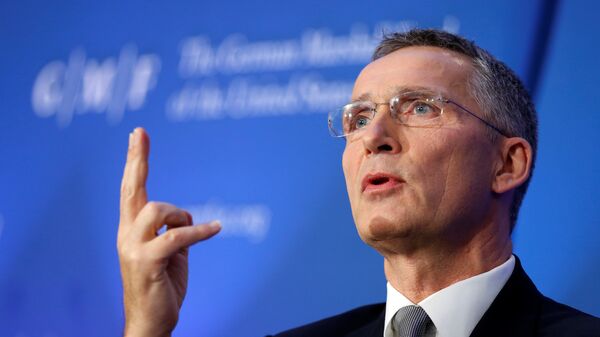"At the Warsaw Summit in July 2016, NATO urged all political leaders in the former Yugoslav Republic of Macedonia to fully implement their commitments under the Przino Agreement, as the framework for a sustainable solution to the political crisis… I look to the authorities in Skopje to fulfil the next step in the democratic process. I call on all parties to exercise restraint in statements and actions, and take decisions for the benefit of all citizens," Stoltenberg said in a statement.
The political crisis in Macedonia began in 2015 as the opposition accused the ruling conservatives of intercepting telephone conversations of some 20,000 people, including police officers, judges, journalists and diplomats. It resulted in the Przino Agreement between the most influential parties in Macedonia, under which then-Prime Minister Nikola Gruevski had to resign and the parliament was dissolved.
The Macedonians elected a new parliament in the early election in December 2016, after several cancellations. In the vote, the conservative VMRO-DPMNE party and the opposition party SDSM won 51 and 49 seats, respectively. However, each party had to gather support of minor parties to form a coalition government, as there are 120 seats in the country's legislative body.
Stoltenberg noted that the December 2016 election had been seen by international observers as an essential step in resolving the crisis.
Macedonia joined NATO's Partnership for Peace in 1995 and the Membership Action Plan in 1999, which is the program of advice, assistance and support to countries seeking to join the Alliance.


